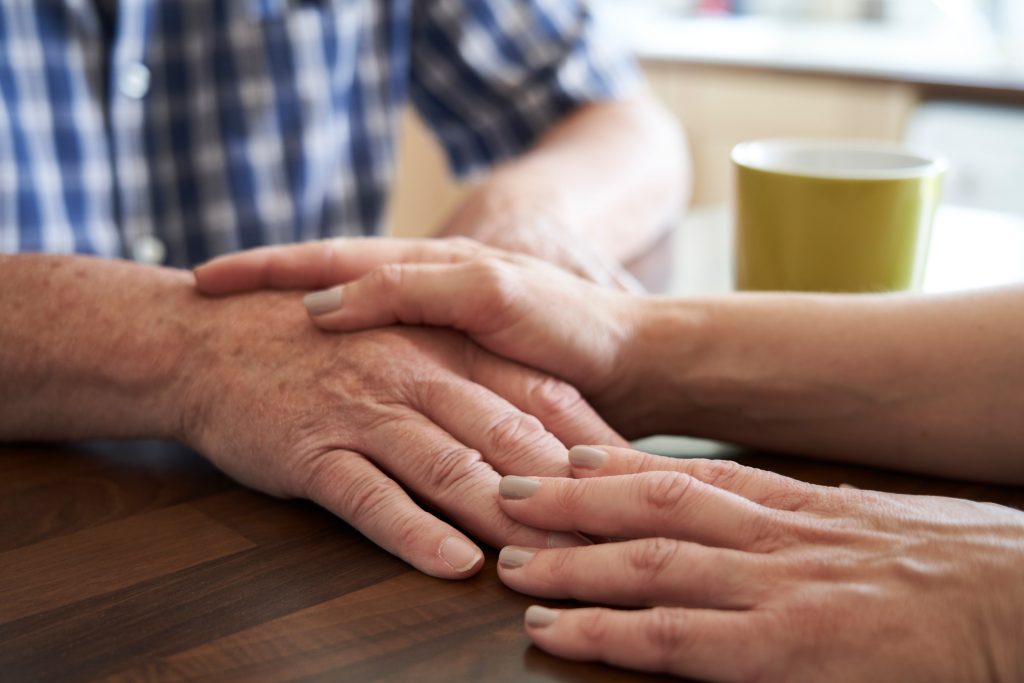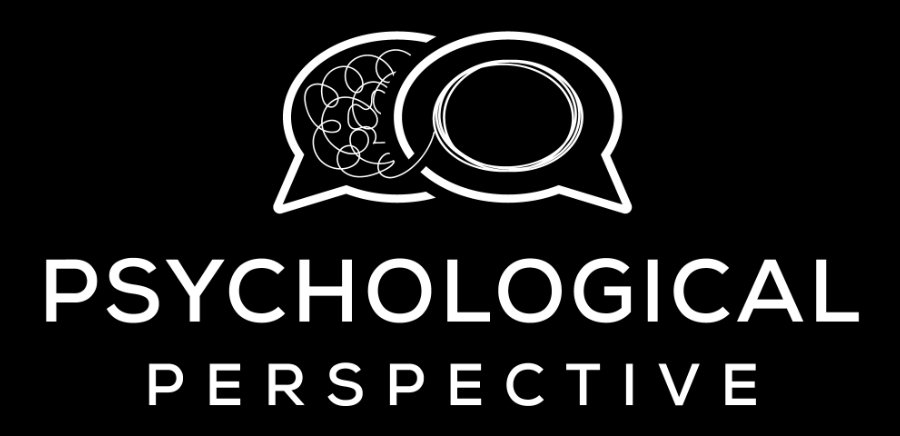When someone we care about receives a terminal diagnosis, we want to support them. But many of us are scared of saying the wrong thing. Our beliefs about the process of dying and also religious or spiritual beliefs will shape how we feel about engaging with both those who have limited time left, and our own inevitable demise.
Euphemisms are ubiquitous, we ‘pass’ instead of ‘die’, and we ‘lose the battle’ with illness.
I’ve been thinking for a while about society’s attitude to the end of life. Medicine’s progression means dying at home is more unusual. Arguably we have lost the familiarity that our ancestors had with the process of death, and we are left with depictions from film and television. Euphemisms are ubiquitous, we ‘pass’ instead of ‘die’, and we ‘lose the battle’ with illness. The language of war seems to be mandatory, no matter if the person’s life may have been well-lived and they were satisfied with the richness of their experience. Dying is not a failure. Reclaiming the language of illness and dying could bring back the notion of death as the normal thing that happens at the end of every life.
If someone in your life is very ill, you may feel desperately sad but also at a loss as to what to do. We may experience ‘anticipatory grief’ when we know a loss is coming. The illness may seem to have changed everything and you question how you can still talk about things like you used to? What can you possibly say to them under such circumstances?
Embarking on an unambiguous conversation with those who are nearing the end of their life can feel very uncomfortable and yet could enable someone to feel less alone in a dark time. Often we draw on coping strategies we’ve used throughout our lives, so if you’ve had a ‘brave face’ approach, there’s little reason to expect that would change in the face of such adversity.
Denial is an effective psychological mechanism in the short-term, but as physical deterioration progresses it is harder to ignore evidence that something is very wrong. We must accept bad news in order to facilitate the process of emotional adjustment.
It is undeniable that the death rate remains at 100%. Open discussion can reduce fear, and allow us to be honest at a time when pretence can distance us, wasting what precious time is left.

Talk about the practicalities and emotions surrounding death before it’s too late. End of life organisation Dying Matters suggests looking for small invitations to talk from the other person, and use language that encourages them to say more. Acknowledge the difficulty, “I know talking about these things is hard”. Don’t be too quick to fill silences or close the conversation down, and try not to jump in with rescuing reassurances. Try to be honest and personal about why having this conversation is important to you. Remember we are all dying and conversations can be held on an equal footing. Let others express emotions and anxieties. Sometimes a direct approach can be helpful; even if they don’t want to talk at that time, you’ve opened up the conversation for them to pick up at a later time. Expect to have a number of smaller conversations rather than a one-off.
It’s time to talk about dying. If you’re unsure where to start and would benefit from hearing from others, there may be a Death Cafe in your area or held online. These helpful gatherings are for ill and well alike, and hold discussions about many aspects of death, giving permission to ask difficult questions.
Finally, there are a number of relevant books available, and two I’ve found to be insightful and thought-provoking are:
Being Mortal: Illness, Medicine and What Matters in the End by US surgeon Atul Gawande, who draws on both his professional and personal experiences of serious illness to consider how we can live better with age-related frailty, serious illness and approaching death.
With the End in Mind: How to Live and Die Well by NHS palliative care doctor Kathryn Mannix, whose 30-year career has lead her to see dying as something we can plan for and manage, rather than fear and avoid discussing.




